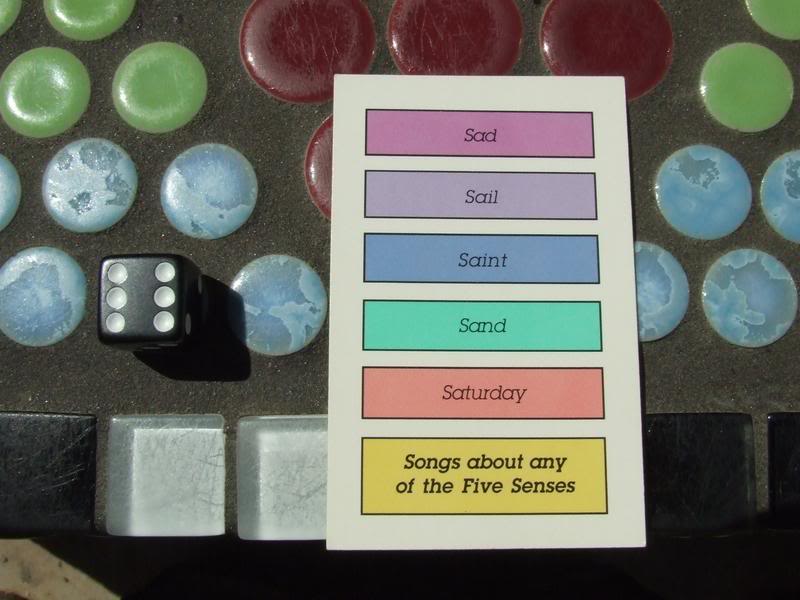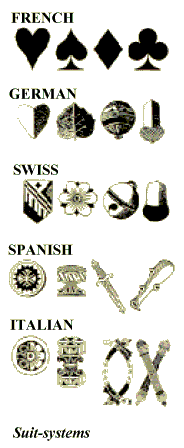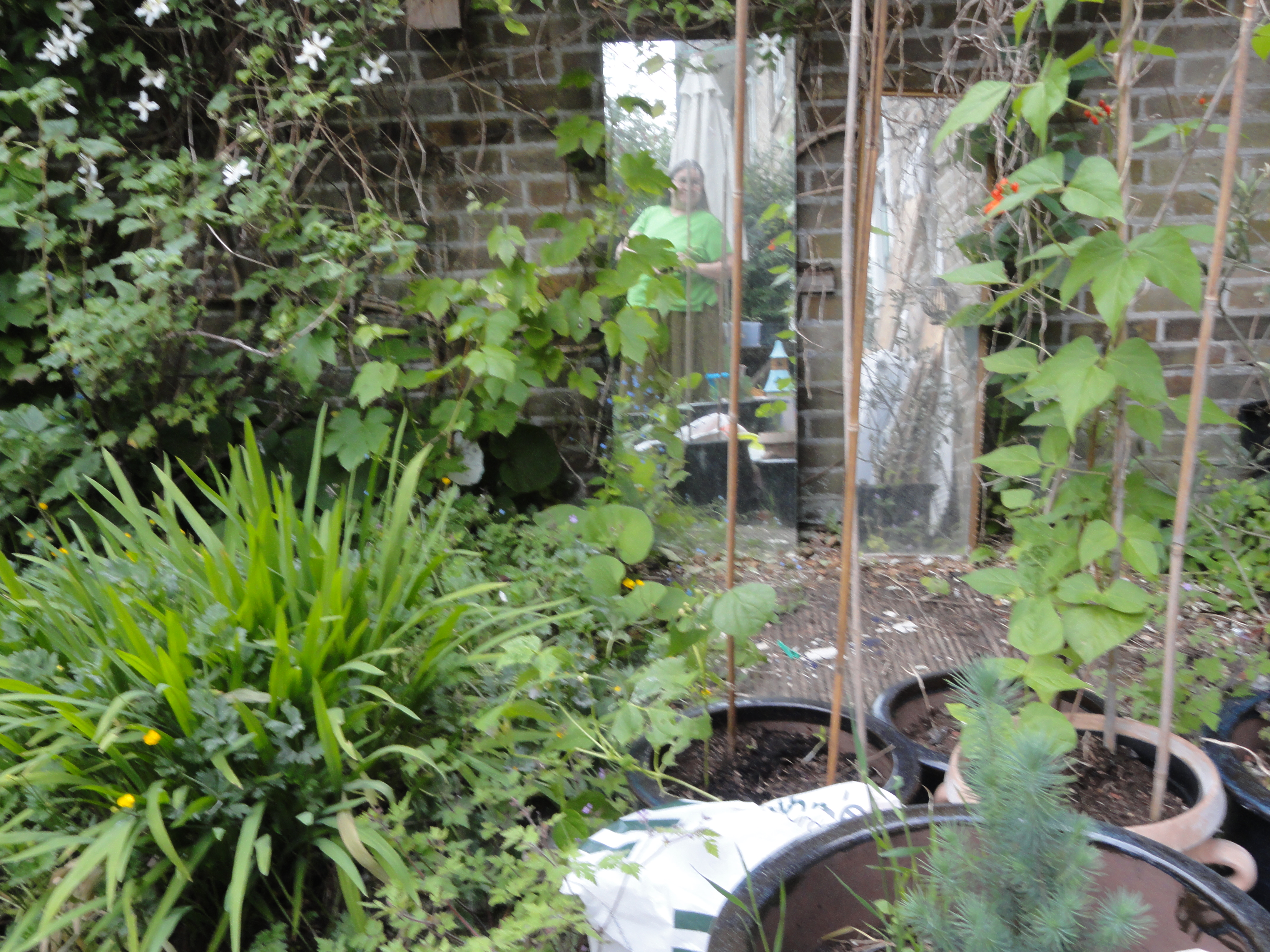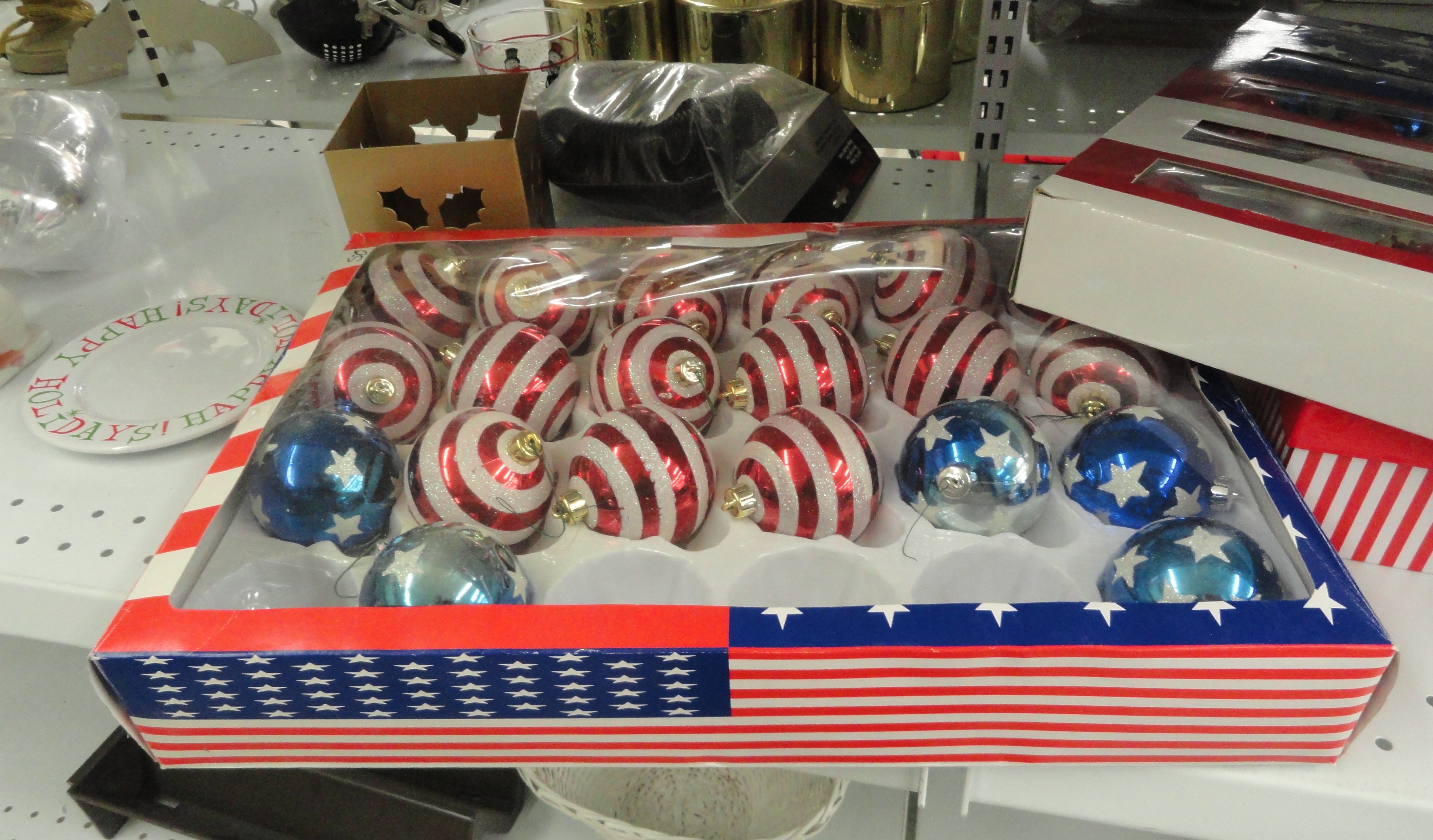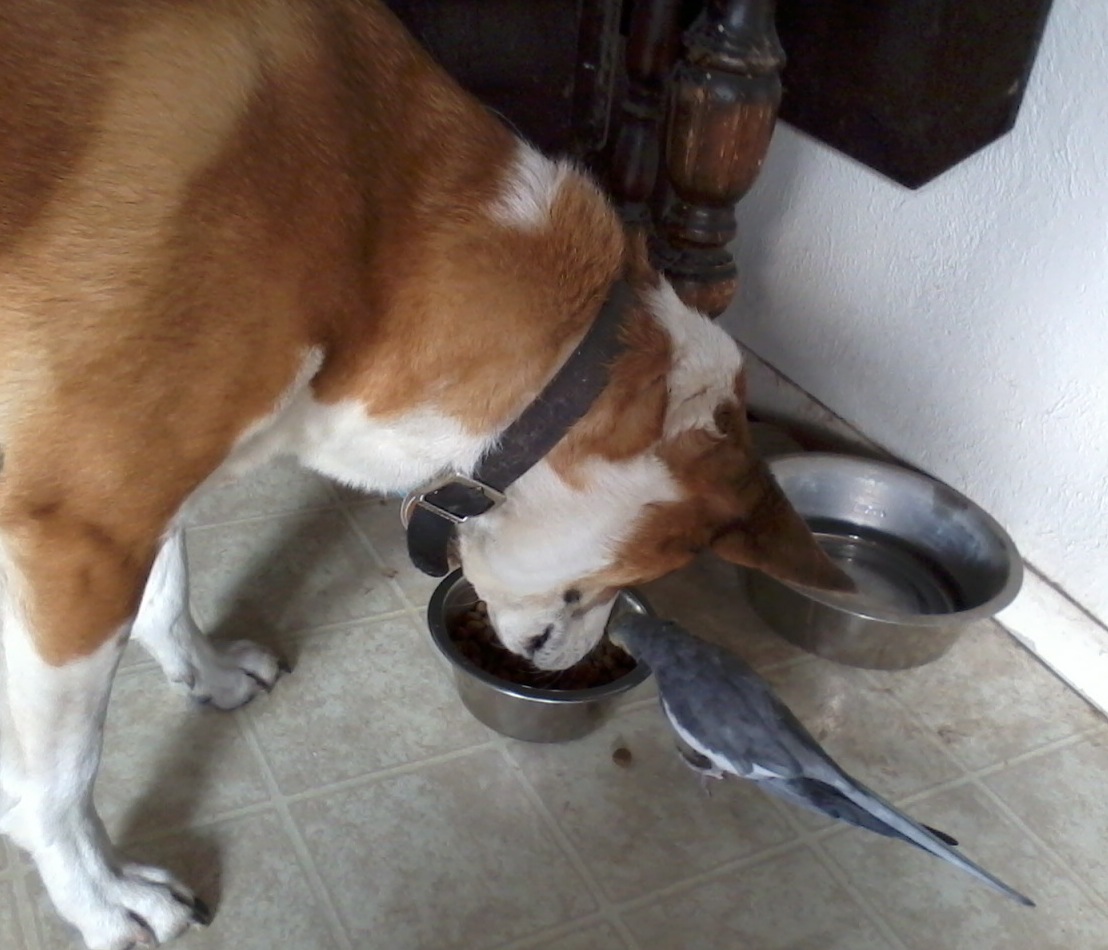I was determined to figure out how to explain it, but it's still not simple to describe or to accept, and I think it's because our culture is filled with rules, and has little respect for the idea of "principles." It seems moralistic or spiritual to talk about a person's principles, or sometimes people who don't see it that way will still fear it's about to get philosophical and beyond their interest or ability.
Rules are things like "Never hit the dog," and "Don't talk to strangers."
Principles are more like "Being gentle to the dog is good for the dog and good for you too," or "People you don't know could be dangerous." They are not "what to do." They are "how do you decide?" and "why?" in the realm of thought and decision making.
The answer to most questions is "it depends."
What it depends on often has to do with principles.
photo by Sandra Dodd


